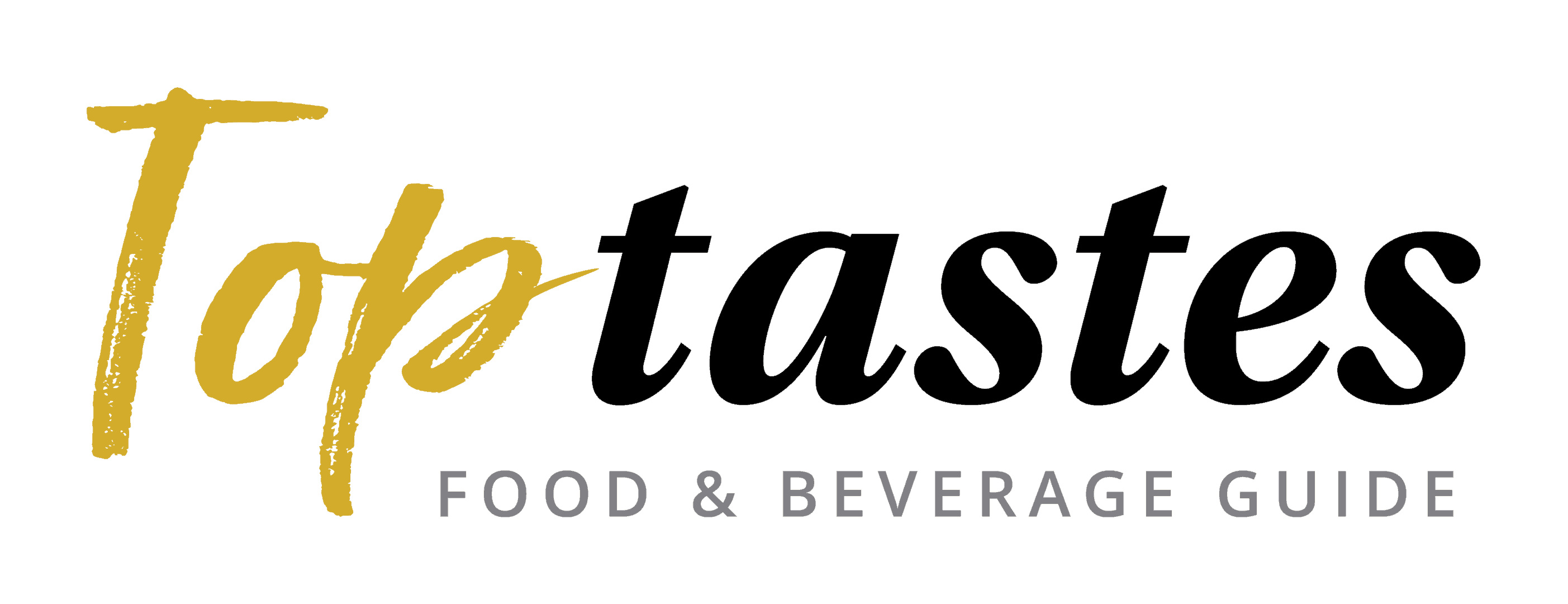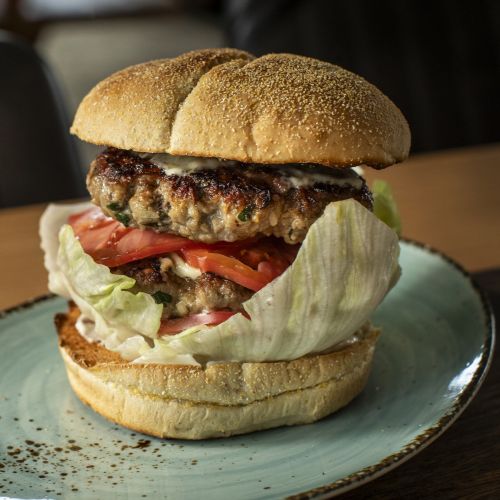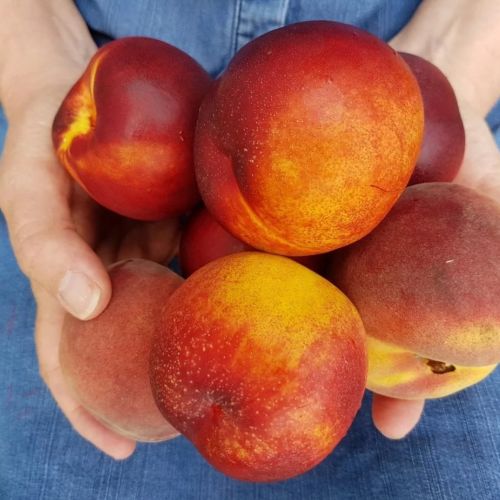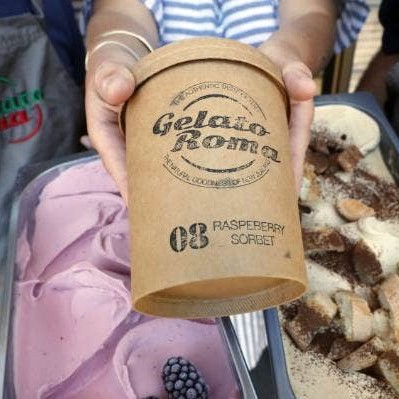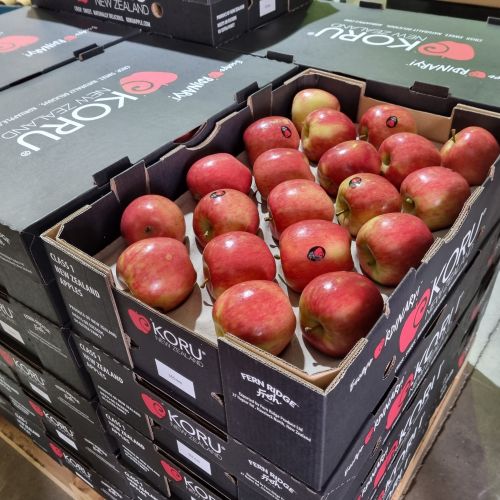
Koru Apple
The humble apple has been an important part of our local economy for many decades. It comes in all sorts of varieties and flavours, with new varieties appearing with regularity.
Nelson and Hawke’s Bay are the key apple growing regions in New Zealand, but it was the old Research Orchard in Tasman that lead the way in developing apples suitable for long keeping and therefore transporting to international market places.
That evolution has continued apace in recent years as old-style orchards in the Moutere Hills have been replaced with apple trees grown on trellis systems and under cover to protect them from unwanted weather events, like hail just before harvest.
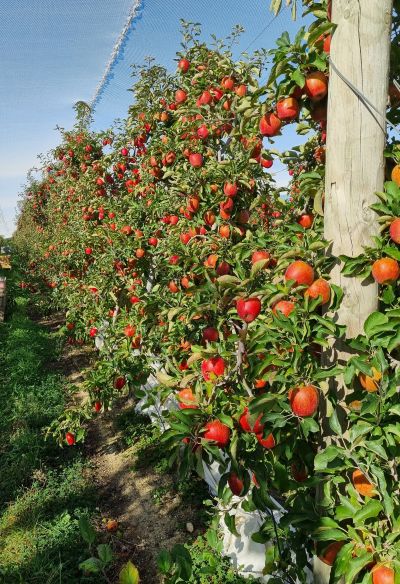
Nelson was also the home of the old Apple & Pear factory that became ENZA where apples not suitable for export were turned into apple pulp and apple juice for both the domestic and international markets.
Tasman Bay Juices still makes apple juice and turns it into moreish summer frozen treats called Juicies. They also take the pulp leftover from the juice making process and turn it into sauce and filling for nutritious biscuit products that are sold around the world.
In recent years we have seen the growth in the number of people dedicating themselves to growing orchards of heritage, or old-fashioned apples as we have begun to think of them. Little Shaggery Farm in the Motueka Valley has a small orchard of these older varieties that are perfectly suited to making their wonderful apple juice and apple cider vinegar. They also have a range of apples that are sweet and delicious to eat.
Peckham’s have an orchard of more than 20 traditional apple cider apple varieties that they craft their award-winning ciders from.
While these people, and others, are making sure traditional apple varieties not only survive but thrive, innovation in apple varieties continues. Much of the time this happens in research facilities but sometimes Mother Nature takes matters into her own hands and delivers a surprise to a grower.
One such surprise happened in a Tasman orchard and is now being sold internationally, and locally, as the KORU® plumac cultivar apple. Geoffrey Plunkett grew apples in Tasman from 1983 for about 30 years after working for others for about 20 years.
One day he noticed a random apple tree growing in the rose garden. “I decided to leave it and see if it would fruit and what variety it was” says Geoff. “After a couple of years I told the tree if it didn’t give me some fruit soon the chainsaw was coming out, that year it delivered!”
The apple looked and tasted a little different to Geoff’s trained eye, so he had it genetically tested and discovered it was a never-before-seen variety. “I propagated it for a couple of years and went through an extensive program of testing and certifying to ensure it was in fact a new variety that was fit for market.
“It had to have long-keeping attributes as well as being tasty, sweet and crunchy. Colour is also an important consideration, especially in some overseas markets. KORU® c.v. plumac has a lovely red colour that is consistent around the apple rather than being red in patches. It has turned out to be more than we would have expected and its various attributes makes it perfect as an export apple.
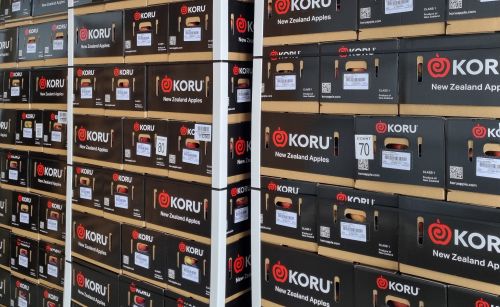
“We have put a lot of time and money into ensuring the genetic uniqueness as well as developing a name and brand for the KORU® c.v. plumac apple that we can protect and that is also suitable for use in export markets. It is surprising how many businesses launch a brand then realise it’s an inappropriate or offensive word in some countries, we didn’t want to fall into that trap.”
Our orchard was called Kotabaru which is a New Zealand take on an aboriginal word for New Beginning. In New Zealand Koru is the young unfurling tree fern, which also references a New Beginning.
When we started working on a name for the apple one of the American growers who started growing the new cultivar suggested we take the first two letters and last letters of Kotabaru. Andy McGrath who is my partner in the development and marketing of the apple suggested we run a competition and Barbara Heyward, an orchardist wife in Hawke’s Bay suggested the same thing so we have “Ko” and “ru” and that is the name we ran with.
“We have also licensed the apple variety so it can be propagated in commercial quantities. Initially the apples have mainly been exported and are proving to be a real winner in the international marketplace.”
The KORU® c.v. plumac apple is also slowly appearing in the local market as plantings have reached a level where there is enough fruit to supply locally as well as internationally. Look for the KORU® c.v. plumac at your local fruit and vege outlet; currently in store at Connings. www.koruapple.com
Publication Date 2025-04-26 – Apples
